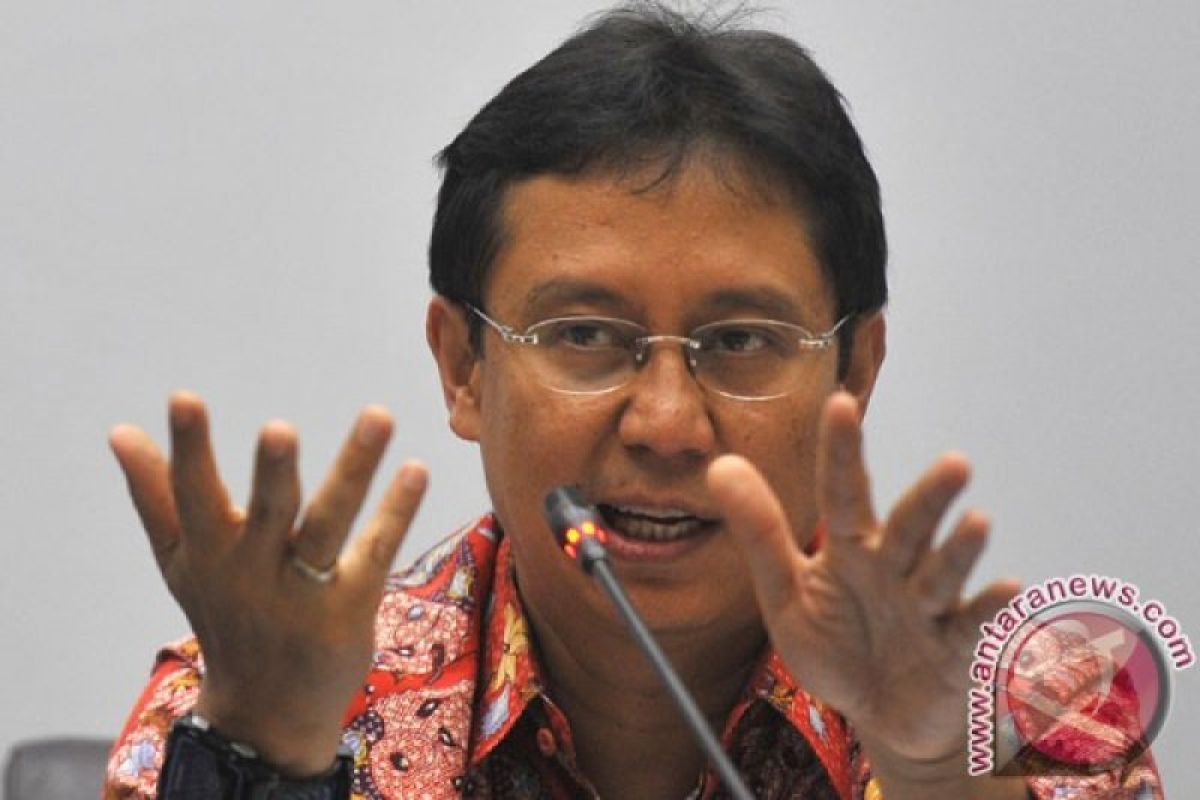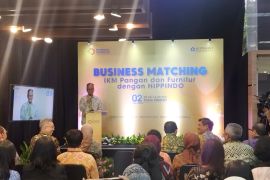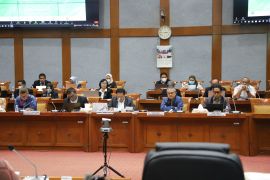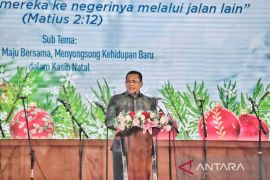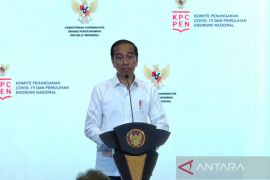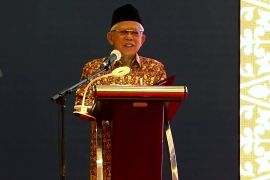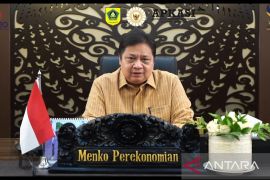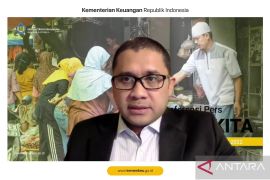This figure was provided by chairman of the Task Force for National Economic Recovery and Transformation (PEN), Budi Gunadi Sadikin, at an online press conference in Jakarta on Wednesday.
Government spending on several programs targeting social protection, micro, small, and medium enterprises (MSMEs), and health management is expected to reduce the social impact and economic pressure created by the COVID-19 pandemic, Sadikin, who is also deputy minister of state-owned enterprises (BUMN), said.
“In total, we have distributed Rp318.5 trillion since the task force was established on July 20, 2020, out of a total target of Rp695.2 trillion, and we hope that the distribution in the third quarter will make a good contribution,” he added.
The budget of Rp695.2 trillion covers six programs, four of which are special programs for the PEN cluster, he continued.
So far, Rp21.9 trillion, or 25 percent of the total budget ceiling, has been distributed under the health program, and Rp157.03 trillion, or 77.01 percent of the total budget ceiling, has been disbursed under the social protection program.
Budget realization has been pegged at Rp26.61 trillion, or 25.08 percent of the total budget ceiling, for the sectoral program for ministries, institutions, and regional governments; Rp28.07 trillion, or 23.27 percent of the total budget ceiling, for business incentives; and Rp84.85 trillion, or 68.72 percent of the total budget ceiling, for MSMEs. Funds allocated for the corporate financing program have not been realized at all.
“The highest increase (in government spending has been seen) in (programs aimed at) social protection and micro, small, and medium enterprises. We hope that by the end of 2020, we can distribute all the funds,” Sadikin said.
The deputy minister had earlier said that the private sector plays a major role in supporting the national economy.
“So, in the midst of this COVID-19 pandemic, we will (work to) restore the economy. It will be difficult or impossible if only the government is doing this. Hence, the government must be able to invite, urge, encourage the private sector to participate,” Sadikin said during an online discussion organized by the National Resilience Institute (Lemhannas), here on Tuesday.
Currently, the private sector’s contribution to the national economy is around 60-70 percent, with state-owned enterprises (SOEs / BUMN) and the government accounting for the rest, he noted.
As part of efforts to involve the private sector, the government could issue attractive regulations, he suggested.
Unlike during the administrations of President Sukarno and President Soeharto, when the state budget had a major role in stimulating the national economy, at present, the private sector plays a bigger role in economic growth, he remarked.
Related news: Economy to not fully recover until 2021 first semester: Indrawati
Related news: Global economy to fully recover in 2022: former Indonesian minister
Translator: Indra A, Azis Kurmala
Editor: Rahmad Nasution
Copyright © ANTARA 2020
